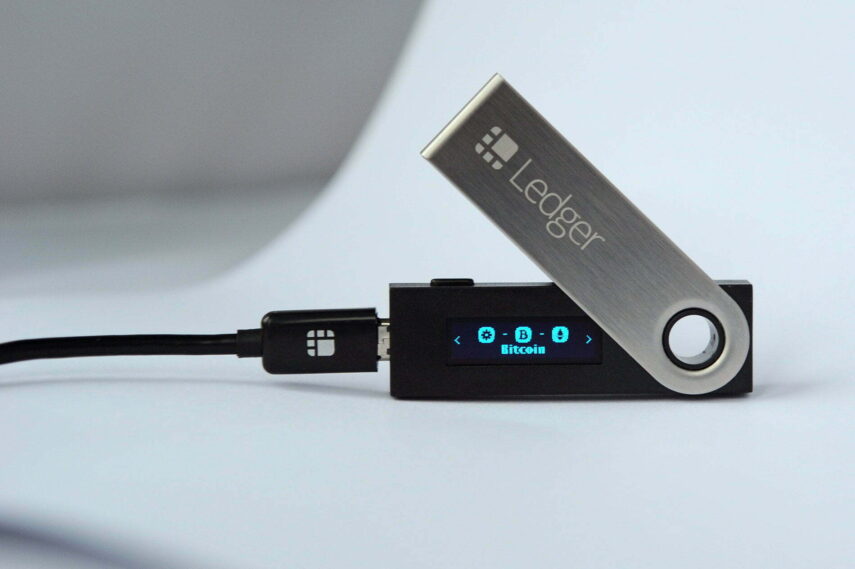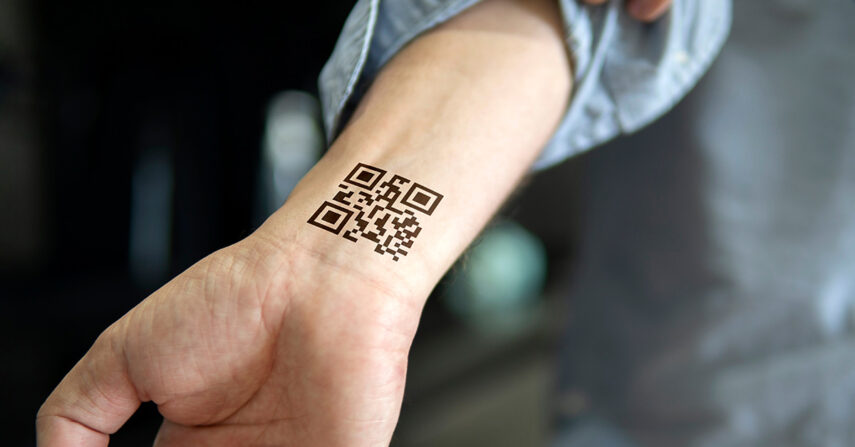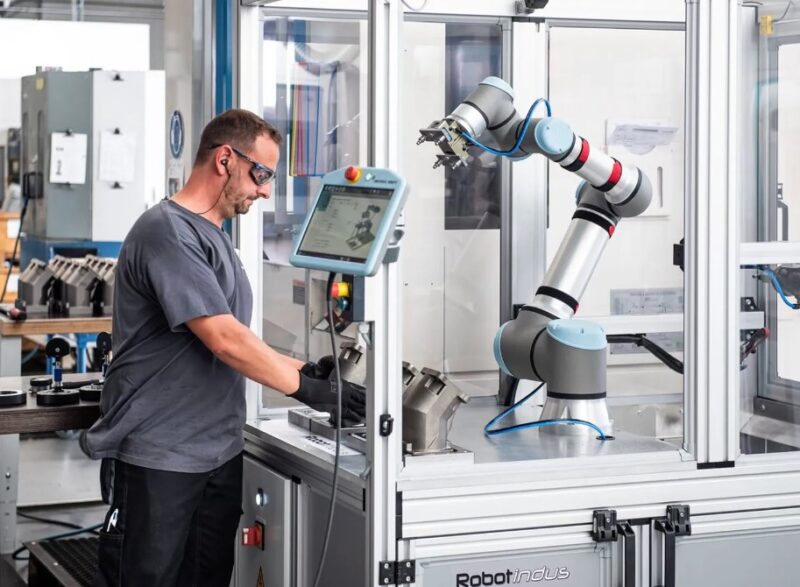Bitcoin is a decentralized digital currency, also known as a cryptocurrency, that allows for peer-to-peer transactions without the need for intermediaries such as banks. It was created in 2009 and has since become one of the most well-known cryptocurrencies in the world.
When Bitcoin was first created, it was stored in digital wallets on personal computers. As the popularity of Bitcoin grew, so did the need for more secure storage options. This led to the development of hardware wallets, which store the private keys that control access to a person’s Bitcoin on a physical device.
The purpose of this article is to highlight some of the more unusual places that real people have stored their Bitcoin in the past. The article aims to show the creative ways that people have tried to store their Bitcoin, as well as the risks associated with these unconventional storage methods. By exploring these unusual storage methods, the article aims to provide readers with a better understanding of the different options available for storing Bitcoin and to help them make informed decisions about how to securely store their own Bitcoin.
Physical Objects as Bitcoin Storage

USB drives, also known as flash drives, have been used as a storage option for Bitcoin. People can store their private keys on a USB drive and keep it in a secure location. This method provides some level of security, as long as the drive is not lost or damaged. However, USB drives are vulnerable to hacking, so it’s important to make sure that the drive is encrypted and protected with a strong password.
Similar to USB drives, SD cards can also be used to store private keys for Bitcoin. SD cards are more compact than USB drives and can be easily carried in a wallet or purse. However, like USB drives, SD cards are vulnerable to loss or damage, so it’s important to have a backup of the private keys stored in a secure location.
Physical bitcoins are physical coins that contain the private keys for a specific amount of Bitcoin. They are often made of metal or other durable materials and are designed to look like traditional coins. Physical bitcoins can provide a level of security, as they are not connected to the internet and are therefore not vulnerable to hacking. However, they are susceptible to loss or damage, so it’s important to store them in a secure location. Additionally, some physical bitcoins have been found to contain errors or inaccuracies, so it’s important to purchase them from a reputable source.
Unusual Places for Storing Bitcoin

Brain wallets are a type of storage method where a person memorizes a private key and uses it to access their Bitcoin. This method relies on the person’s ability to remember a complex series of numbers and letters. While it can provide a high level of security, as long as the private key is not lost or forgotten, it also has a significant drawback. If the person forgets the private key, they will permanently lose access to their Bitcoin.
Some people have decided to store their private keys as tattoos on their skin. The idea behind this method is that the tattoo will always be with the person, making it more difficult to lose the private key. However, this method is not without its risks. Tattoos can fade or become difficult to read over time, and the private key could be compromised if the tattoo is stolen or seen by others.
Some people have stored their Bitcoin in specific online Bitcoin casinos, most of which are depicted here. These are websites that allow people to play games and place bets using Bitcoin. The idea behind this method is that Bitcoin will be safe as long as the website is secure. However, this method has its own risks. Bitcoin casinos are not regulated and could potentially be hacked or become insolvent, putting the stored Bitcoin at risk.
Some people have attempted to store their Bitcoin by transmitting it to a satellite. The idea behind this method is that the satellite will provide a secure, off-planet storage solution for Bitcoin. However, this method is still in the experimental stage and is not yet widely used. Additionally, there are significant technical and security challenges associated with transmitting Bitcoin to a satellite, making it a risky storage option.
The Risks of Storing Bitcoin in Unconventional Ways

Storing Bitcoin in unconventional ways can often result in increased security risks. For example, brain wallets rely on a person’s ability to remember a complex private key, which can be lost or forgotten. Physical objects, such as USB drives and tattoos, are vulnerable to theft or physical damage, which could result in the permanent loss of the stored Bitcoin. And Bitcoin casinos are not regulated, making them vulnerable to hacking and other forms of cybercrime.
Physical objects, such as USB drives and tattoos, are susceptible to physical damage, which could result in the permanent loss of the stored Bitcoin. For example, a USB drive could be damaged or lost, or a tattoo could fade or become difficult to read over time.
Storing Bitcoin in unconventional ways can result in a loss of access to the stored Bitcoin. For example, if a person forgets the private key for a brain wallet, they will permanently lose access to their Bitcoin. And if a physical object, such as a USB drive, is lost or damaged, the stored Bitcoin could be lost permanently. Additionally, if a Bitcoin casino becomes insolvent or is hacked, the stored Bitcoin could be lost.
Conclusion
In this article, we have explored several unusual methods for storing Bitcoin, including physical objects such as USB drives and tattoos, unconventional methods like brain wallets and Bitcoin casinos, and experimental methods like satellite transmission.
While these unconventional methods can be intriguing, they often come with increased security risks and potential for permanent loss of access to the stored Bitcoin. It’s important to carefully consider the potential risks before choosing an unconventional storage method.
For the safest storage of Bitcoin, it is recommended to use a secure hardware wallet, which provides offline storage and is not connected to the internet. Additionally, it’s important to regularly backup the private keys and store them in a secure location. It’s also a good idea to use a strong password and enable two-factor authentication to further secure the stored Bitcoin.
Related Posts:
- People are Getting Threads Inserted Under Their Skin…
- 5 Most Common Mistakes People Make When Using Real Paystubs
- Do People With Higher IQ Have Good Social Skills?
- 11 Best Places to Visit in New Jersey in 2024
- 5 Best Places to Buy PC Games for Windows 2024
- A Guide to Sydney's Most Spectacular Night Spots - 6…







